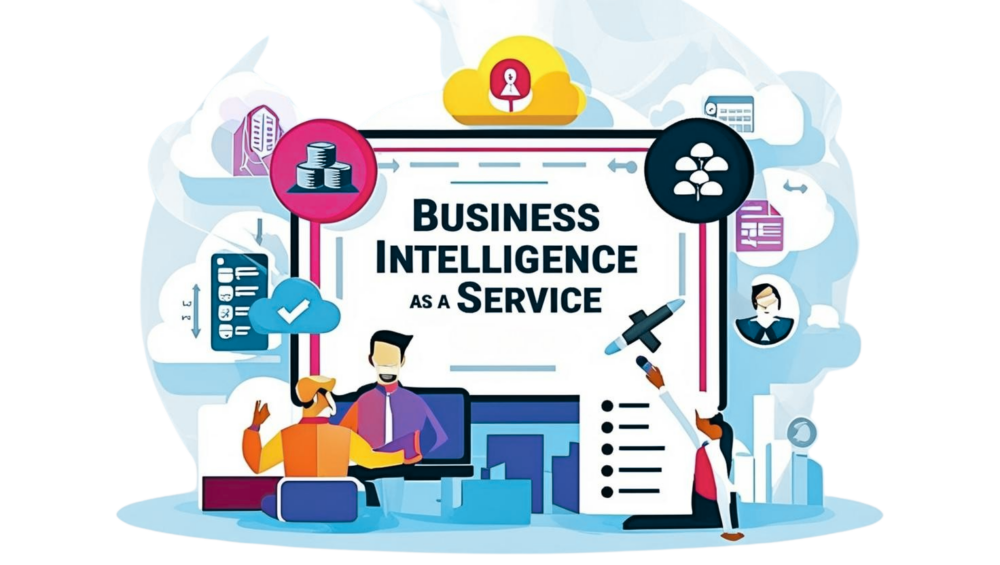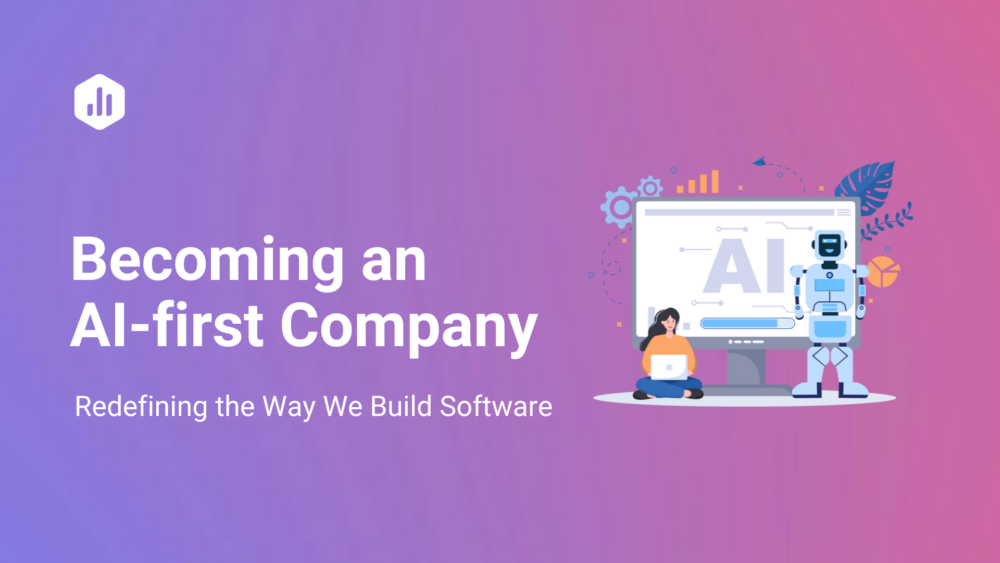Table of contents
The metric: Qualified Pipeline via Inbound
In this episode, we chat with Pete Lorenco, Head of Marketing at Alyce to talk about how they managed to generate 70% of qualified pipeline (total booked revenue) through inbound sources (namely, their website).
Why Qualified Pipeline via Inbound?
The whole team is focused on driving net new logo revenue. So Pete focuses his team on qualified pipeline to contribute to that goal, and be aligned with the rest of the team.
They define “pipeline” as “total booked revenue” (= when a scheduled demo meeting takes place). Since they aim for a win rate of ≥ 20%, this allows Pete to work backward from their revenue goals, and determine how much pipeline he needs to drive to help meet it.
How They Improved It
They focused on understanding their audience better.
They get on sales and customer calls weekly. This gives them insights around pain points and needs prospective customers have.
These insights help them continually optimize their messaging, in order to be more helpful and relevant. It also helps them learn where their target customers spend time or pay attention.
This means that when they make big bets on channels to invest in, they aren’t guessing.
They invested heavily into refining their messaging & positioning.
In a world where features are easily copied, Pete invested in differentiating Alyce by crafting a unique point of view and go-to-market message. This positioning provides a source for the entire team to draw from when they need to craft messaging or marketing creative.
They brought in Dave Gerhardt, who helped them further refine how they thought about positioning and messaging for Alyce in a new and unique way.
And once they had some concepts, they tested the new messaging on their homepage using Wynter, in order to look for leading indicators that the messaging would be successful and land the right way.
They focused on harvesting more existing demand.
They leverage about 25% of their resources and team on capturing existing demand. This includes using intent data to trigger more targeted outreach, retargeting on social, and a mix of branded & non-branded PPC programs.
They focused on creating new demand.
The biggest bet they’ve made is finding ways to create new customers and generate demand. They’ve done that in 2 broad steps:
1. Create relevant and insightful content
2. Distribute that content everywhere their target audience is
They made big bets on:
- Events (micro & virtual)
- Social (paid & organic)
- Co-marketing with other brands
- Investing in evangelists who speak on podcasts
- And communities
Because they’re tracking self-submitted, qualitative attribution, they’re able to see the efficacy of these channels and find the ones that are most effective.
So far, it’s paying dividends. Top attributed channels are LinkedIn, Google Search, and Communities/Events.
They approached communities with 2 main focuses:
- Bring value & education (don’t just talk about Alyce)
- Find ways to let members experience Alyce’s gifting
For example, members might be sent gifts upon joining or completing certain milestones. This allows these marketers (= the community members they’re reaching) to experience the value of Alyce in a more natural and generous way.
Results
Alyce had great momentum from past marketing leaders. With that as the foundation, this framework helped them increase the % of inbound qualified pipeline to 70%.







![How to Improve Agency Operational Efficiency [Insights from 40+ Agencies]](https://cdnwebsite.databox.com/wp-content/uploads/2023/09/14052320/agency-client-collaboration-1000x563.png)





